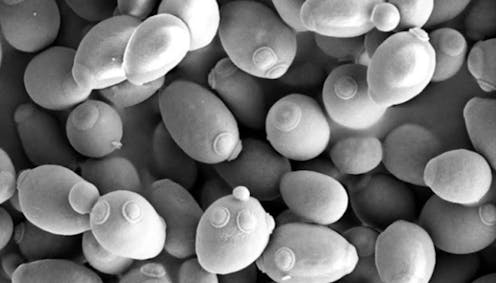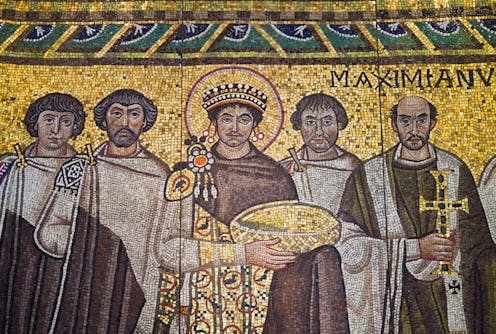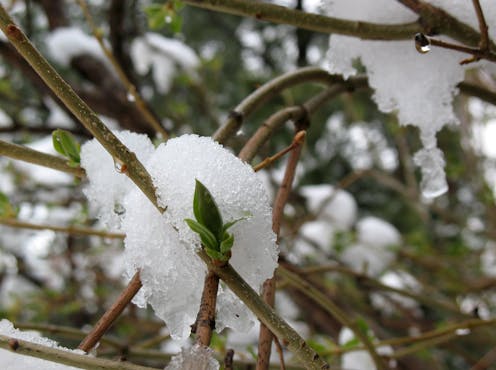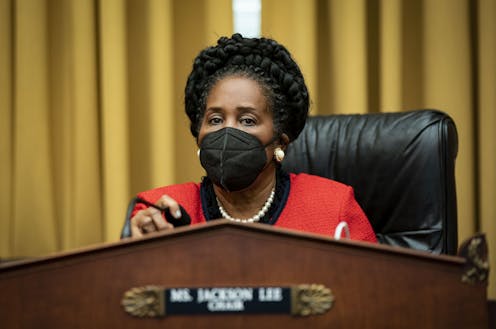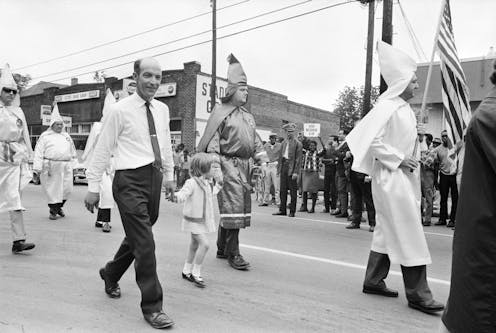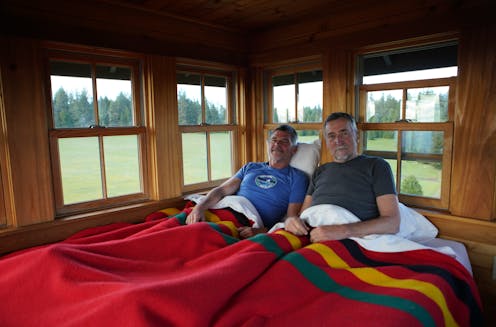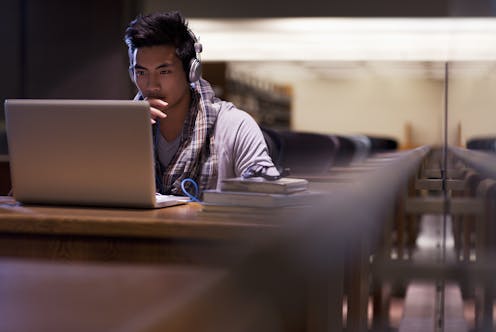Women used to dominate the beer industry – until the witch accusations started pouring in
- Written by Laken Brooks, Doctoral Student of English, University of Florida
 Three women dressed in Middle-Age period garb as alewives.Hulton-Deutsch Collection/Corbis via Getty Images
Three women dressed in Middle-Age period garb as alewives.Hulton-Deutsch Collection/Corbis via Getty ImagesWhat do witches have to do with your favorite beer?
When I pose this question to students in my American literature and culture classes, I receive stunned silence or nervous laughs. The Sanderson sisters didn’t chug down bottles of Sam...
Read more: Women used to dominate the beer industry – until the witch accusations started pouring in


